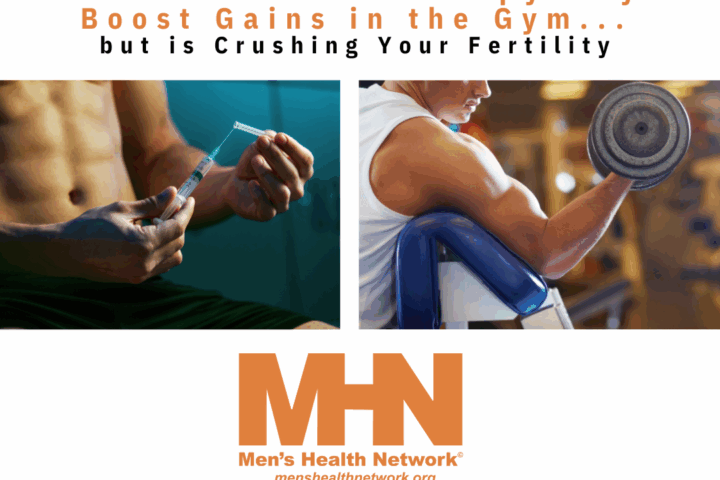According to a new study published in the Journal of Adolescent Health, about half of all 16-18-year olds serving time in jails in New York suffered a traumatic brain injury sometime before being locked up. The injuries were severe enough to cause the teen to lose consciousness or memory. And in most cases, those injuries happened while being assaulted.
The reason this is so important is that traumatic head injuries often affect areas of the brain that control impulse control, decision-making, and the ability to understand the consequences of one’s actions. As a result, kids with brain injuries are more likely to do things that increase their chances of getting arrested.
While a 50% brain injury rate among young offenders sounds high, it’s very much in line with other studies. One, of adult inmates in South Carolina, found that 60% have brain injuries. Another, of young inmates in prisons in the United Kingdom, found that nearly two-thirds had experienced some kind of head trauma. Researchers at the University of Exeter say that those head traumas land kids in prison at younger ages, more often, and for longer stretches. Other research has found that brain-addled inmates have a tougher time following rules while in jail or prison and have a tougher time adapting to life when they get out. That, of course, boosts the odds that they’ll wind up behind bars again soon.
This is all pretty bad, but one of the scariest tidbits of information from these studies was a quote from Dr. Homer Venters, a co-author of the New York study, saying that 15-30 percent of adolescents who aren’t incarcerated have had a traumatic brain injury.
At the very least, be sure your kids wear their helmets when riding bikes and skateboards, or skiing. You too.



